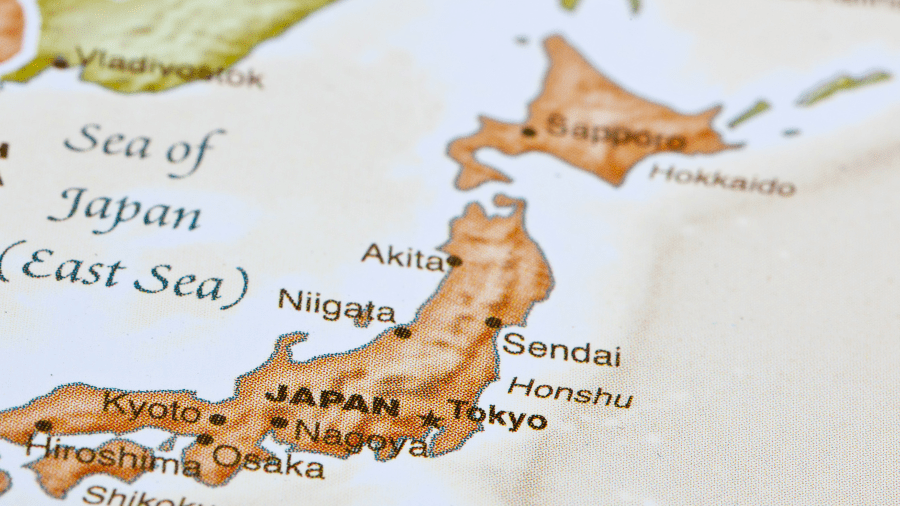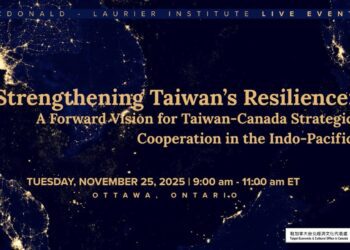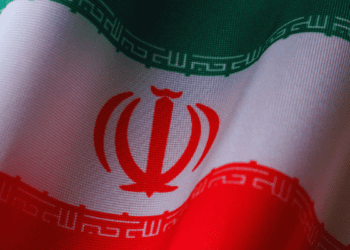By Jonathan Berkshire Miller and Kyoko Kuwahara, May 19, 2023
This week, the G7 leaders are meeting in Hiroshima. As host, Japan’s Prime Minister Fumio Kishida stated that the goal to be achieved at the Summit is to demonstrate strong determination to “uphold the international order based on the rule of law”.
Two main areas will fixate the attention of the world’s leading democracies in Japan. First: Russia’s brutal war and illegal occupation of parts of Ukraine continue with a war that will soon stretch into its tenth year, marked by Moscow’s annexation of Crimea in 2014 and its renewed and brutal aggression from February 2022. Second: all eyes in Hiroshima will also be fixated on the increasing challenges that China poses to its neighbours in the Indo-Pacific, and globally through draconian tactics such as economic coercion, political interference and an a la carte approach to the rule of law.
Regarding Russia’s war of aggression, the G7 must continue to show strong unity by sending a strong message of support for Ukraine – including Crimea – and indicating that this support will not waver (both in political and financial terms). This is doubly important as we approach the NATO summit later in July where the war and Ukraine’s future in the alliance should rightly receive most of the attention.
On China, the G7 must resolutely message strong opposition to China’s attempts to unilaterally change the status quo through force and coercion. Beijing continues to discredit itself in the region through its provocations in the Taiwan strait, salami-slicing tactics in the South China Sea, and consistent intrusion of Japan’s maritime and airspace around the Senkaku islands in the East China Sea. The G7 should not overlook these potential flashpoints and specifically include robust language underwriting the point that stability in the Taiwan strait and the security of Taiwan itself is an international public good.
What does this mean for Canada? Canada is one of Japan’s most important partners, and as Tokyo chairs the G7 Summit this week, Ottawa should play an active role for a successful outcome of the Summit. Japan, Canada and other G7 countries share common values and interests toward the achievement of a free and open Indo-Pacific. Indeed, Canada’s recently released Indo-Pacific strategy underscores that the region is the most consequential to Canadian interests now and in the future.
In economic terms, Japan and Canada are the two largest economies in the Comprehensive and Progressive Agreement on the Trans Pacific Partnership (CPTPP). Moreover, all G7 states have a responsibility and shared interest to cooperate on economic security issues to ensure secure supply chains and resilient pathways that reduce their vulnerability to the whims of authoritarian regimes.
Climate change remains one of the most pressing issues for the world. The G7 should reiterate its desire to achieve net-zero greenhouse gas emissions by 2050. However, Ottawa should also unambiguously recognize that its greatest strength to the G7 is a boon on energy security – including fossil fuels, nuclear and renewables. In this vein, rather than virtue signal only about energy transitions, Ottawa should make firm commitments and indications on the empathy of its partners desire for Canada to provide a resilient pathway to diverse energy supplies.
In preparation for the Summit, Japan, like Canada, is also aiming to strengthen its involvement with the Global South, whose presence has been heightened in recent years. Prime Minister Kishida has indicated that he would like to deliver the voices of the African countries he visited just before the Summit to the G7 members. The Global South’s positions on major international agendas are not necessarily in harmony with those of the G7, as seen in the case of Russia-Ukraine war.
The G7 leaders will want to seek stronger support from the Global South for their support for Ukraine, and Japan will need strong backing from Canada and others to achieve this objective. The G7 members have indicated that they will continue to engage the Global South so as not to divide the world, but this must be accompanied by actual diplomatic efforts to listen to the diverse values and challenges of countries in the Global South and sincerely cooperate with them to solve their problems.
Finally, as this year’s G7 summit convenes in Hiroshima, the first city to suffer from an atomic bomb, nuclear disarmament and non-proliferation are particularly important subjects. While deterrence efforts are necessary in this geopolitical context, the summit should issue a clear message that any use of nuclear weapons will not be permitted. Moreover, the leaders should stress that nuclear disarmament efforts should be doubled. To ignore this would be to ignore the cascade of threats ranging from nuclear posturing by Russia in Ukraine, Iran’s potential breakout, North Korea’s unprecedented missile launches and China’s accelerating nuclear buildup.
Jonathan Berkshire Miller is director of the foreign affairs, national security and defence program at the Macdonald Laurier Institute.
Kyoko Kuwahara is a visiting fellow at the Macdonald Laurier Institute.






